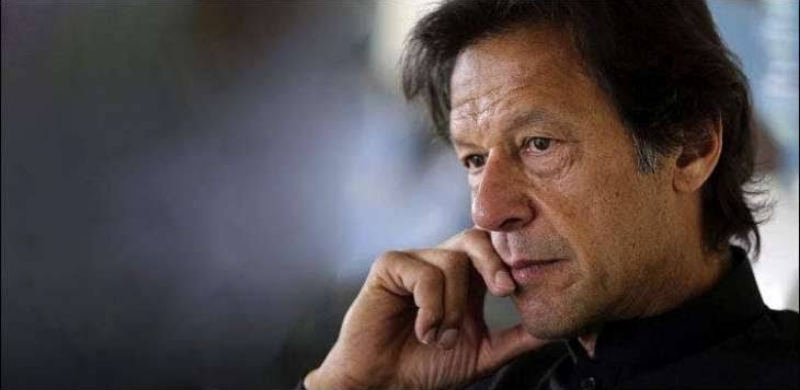
The political and symbolic cost of the senate election loss in Islamabad is incomplete without sketching the backdrop to this election. In a month which included PTI losing multiple by-elections, an Election Commission ruling which declared Daska election null and void due to open rigging and an ambiguous Supreme Court ruling, prompted many to think that the overlords had eliminated covert support for Imran Khan.
PTI defeats in Gujranwala, Nowshera and Malir weren’t adequate proof of establishment’s neutrality, but the Daska By election rigging which was unmasked in daylight, indicated that overlords (who are apt at election manipulation) had zero involvement. The primary reason for uncertainty in run-up to the Senate elections was neither PTI’s numerical superiority over Yousuf Gillani, nor the opposition claiming it had the upper hand, but the state of the relationship between Imran Khan and regime backers. The result indicates that Pakistan’s power brokers let this play out among the political class, which resulted in Yousuf Raza Gillani winning despite lacking numerical strength. In a system where the establishment kingpins are ultimate grantors of government stability & operate as praetors in political affairs indicates that successive blows to PTI mean not all maybe well.
From the onset of Nawaz Sharif holding military’s top brass publicly accountable by name to a persistent PDM making inroads across Pakistan, it appears that the opposition’s layered strategy has adequately build public opinion against Imran Khan and current regime. The current top brass of the military is not shielded from societal pressures emerging fromurban and rural areas, alike. Many of the current top brass, unlike that of the 90’s and before (which were from rural middle class army households, scions/princely families, parts of Khyber Pakhtunkhwa or current Northern India) belong to a crop of officers, who are prone to understanding complex narratives that emerge from educational, media and academic discourse. It is too early to speculate if this has resulted from a build up of internal pressure, but the network of educational, institutional and social connections indicates that the military elites have to tolerate societal pressures. Nawaz Sharif, holding them to account by name, PDM demonising the current regime and backdoor channels may well have resulted in this temporary neutrality. The question of whether this equates to removal of all support for Imran Khan led government in the long run remains to be seen.
As for Imran Khan, the challenge lies ahead. The symbolic cost of Islamabad seat loss to PDM is tantamount to a vote of no confidence in his leadership. Despite meeting and accommodating scores of MNA’s prior to this election, the result was less than ideal. It signals that there is potential for cracks within PTI ranks which could result in an opposition orchestrated vote of no confidence against Khan’s Prime Ministership. The challenge for Khan is to keep his party intact, come what may, which would involve using state resources such as increased development funds. A bigger challenge is to realign power coalition in his favour, which involves support of boys in legislative and electoral politics. The odds of Imran Khan completing a full 5 year term seem to be falling as of 3rd March.
